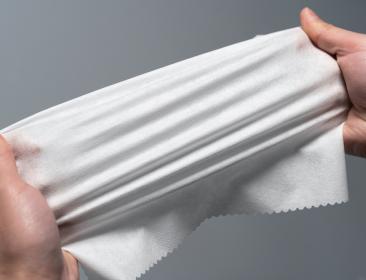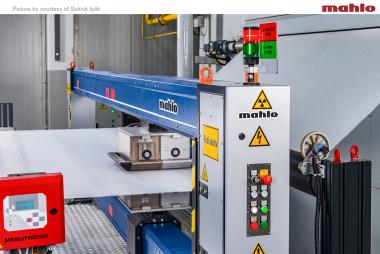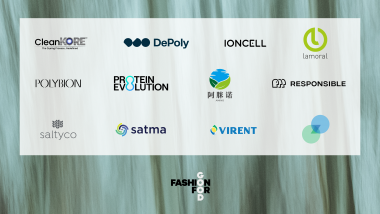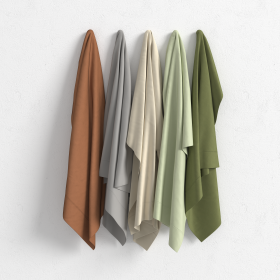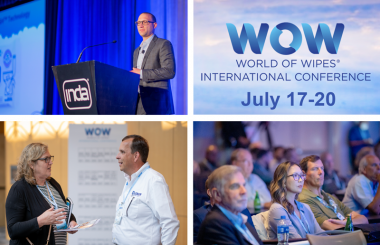Sanyou and Renewcell: Viscose fibers made from 100% recycled textiles
On the sidelines of the Intertextile Shanghai fair, the Swedish textile-to-textile recycling innovator Renewcell and the leading Chinese viscose manufacturer Tangshan Sanyou announced the next step in their partnership to make fashion circular that stretches back to 2018.
The two companies’ new shared ambition is to offer manufacturers and brands Circulose® viscose fibers made from 100% recycled textiles in commercial quantities starting in 2024. The collaboration has been facilitated by Ekman Group, Renewcell’s exclusive global trading partner.
“I am very happy to announce this acceleration of our long-standing partnership with Tangshan Sanyou. They were the first commercial producer of Circulose®-based fibers in the world, and the first to commit to sourcing significant volumes from us. Now, they aim to also be the first to commercialize 100% Circulose® content fibers” said Patrik Lundström, CEO of Renewcell, adding "I applaud Tangshan Sanyou’s vision and support to scaling next gen raw materials like Circulose®.”
The announcement, which follows the recent start of deliveries of 100% recycled textile Circulose® pulp from Renewcell’s newly opened Renewcell 1 recycling plant, is the result of successful validation of Circulose®’s quality in production at Tangshan Sanyou’s commercial-scale manufacturing lines. Tangshan Sanyou would strive to finish the mission of producing commercial volumes of 50% Circulose® content fibers during 2023 and work towards achieving the delivery of 100% Circulose® content branded viscose fibers to selected fashion brands and manufacturers starting in 2024. The two companies will cooperate to market the fibers globally using Renewcell’s Circulose® ingredient brand name.
Mr. Zhang Dongbin, Executive Vice General Manager of Tangshan Sanyou Chemical Fiber, says, "Through the collaboration with Renewcell, we have achieved to use Circulose® made from recycled cotton in the production of our viscose fibers, which is great beneficial to improving resource utilization efficiency and lowering carbon footprint of the industry. It has brought a huge impact in the sustainable fashion industry. We will continue putting efforts in forming good interaction between consumers, brands and enterprises, convey the concept of circular sustainable fashion, promote the greening of textile industry, and ensure a more sustainable way to ensure the sustainable development of the textile industry. Protecting the global ecological environment by applying sustainable solutions is our common goal."
Renewcell






